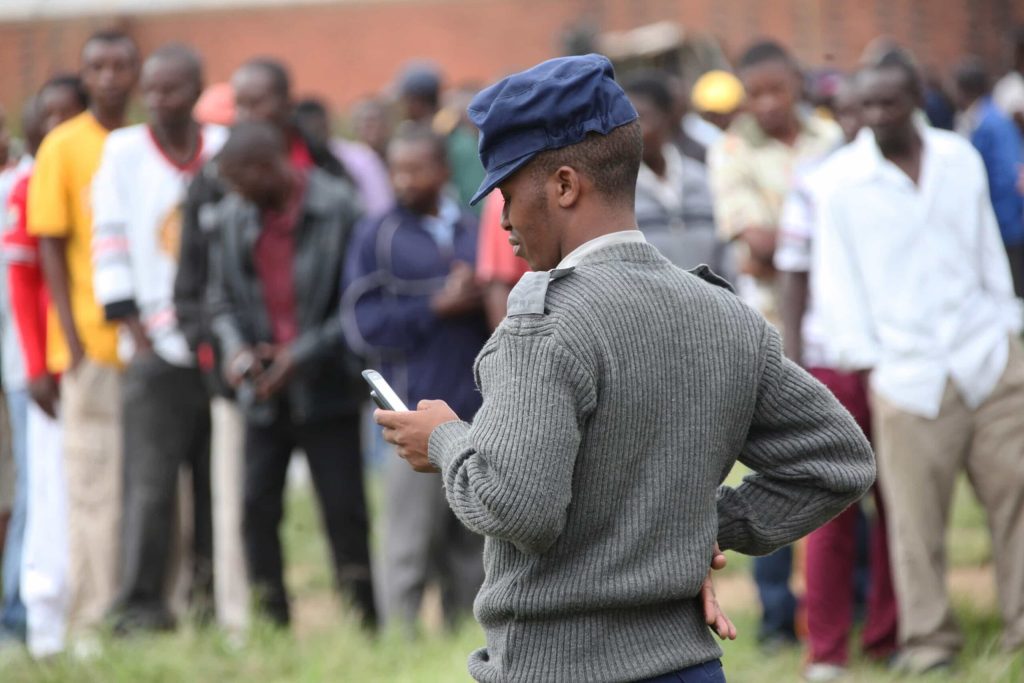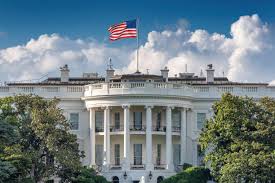By Staff Reporter
Harare – The Zimbabwe Republic Police (ZRP) has implemented a strict ban on cell phone usage by officers while on duty, effective immediately.
A leaked internal memo from the Officer Commanding Masvingo Central District, dated October 31, 2024, reinforces a previous directive from the provincial commander, issued on October 28.
The memo emphasizes the persistent disregard for the ban and the need for stricter enforcement.
“Despite numerous instructions given forbidding use of cell phones whilst on duty by members of the Police Service, commanders are not enforcing this,” reads the memo.
“With immediate effect, no member is allowed to be in possession of a cell phone whilst on duty.
Cell phones should only be used during break and lunch times,” further reads parts of the memo.
Station commanders have been ordered to enforce this directive, with severe consequences for non-compliance.
Officers in charge will be held accountable if their subordinates are found in possession of cell phones while on duty.
“Once a member is found with a cell phone whilst on duty, the Officer in- Charge of the said member will be put to task,” reads the memo.
“Upon commencement of duty, the Officer in-Charge should take possession of the cell phones and lock them in the safe or cabinet.
“All stations standard operation procedures should contain a clause governing the use of cell phones whilst on duty and members should acknowledge having read and understood the SOPs,” further read the memo.
While the exact reasons for the ban remain undisclosed, it is widely speculated that the ZRP aims to curb rampant corruption within its ranks.
This move comes in the wake of a recent incident involving two traffic enforcement officers in Harare who were caught on video allegedly accepting bribes.
Police spokesperson Paul Nyathi condemned the officers’ actions, labeling them as “bad apples” who do not deserve to serve in the police force.
The stringent ban on cell phone use during duty hours has also sparked a divided response.
Some officers worry that the restriction could hinder effective communication and response times, potentially impacting their ability to serve the public.
However, top police officials argue that the measure is essential to address corruption and improve the force’s image, ultimately restoring public confidence.



